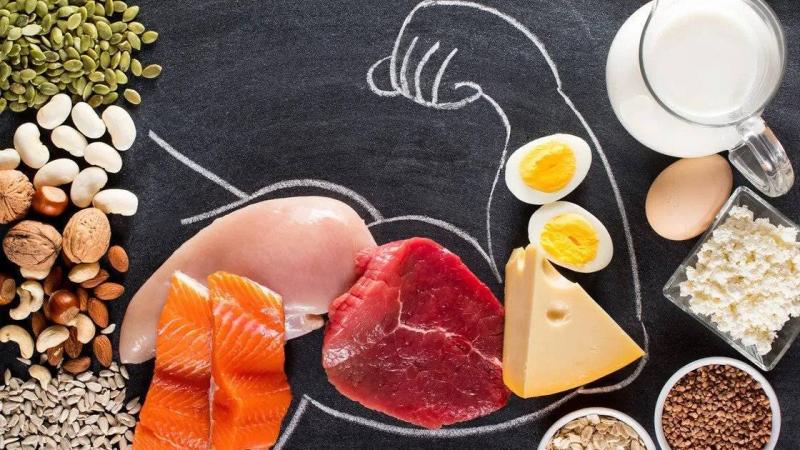Protein, as an essential nutrient, helps maintain overall health. According to a report published on "Health Shots," knowing the difference between good and bad protein can maximize benefits and prevent negative side effects. Whether someone aims to build strong abdominal muscles, achieve a lean body, or simply stay fit, these results do not happen overnight. It requires a good exercise routine and a healthy diet that includes protein, while also considering specific signs to distinguish between good and bad protein.
Internal Medicine specialist, Dr. Himlata Arora, explains that protein plays a vital role in maintaining and repairing tissues, as well as producing enzymes, hormones, and other chemicals in the body. Protein is also an integral part of bones, muscles, cartilage, skin, and blood. Unlike fats and carbohydrates, the body does not store protein, making it essential to consume it regularly in the diet.
Understanding the difference between "good" and "bad" protein is important. Dr. Arora states that "good" proteins are rich in essential amino acids and are easily digested and absorbed by the body. Lean meats, poultry, fish, dairy products, legumes, and nuts are considered good sources of protein. On the other hand, "bad" proteins include processed meats and other protein sources that may be high in saturated fats and additives, which could affect health in the long run.
Dr. Arora warns individuals with associated conditions such as kidney disease or lactose intolerance, as well as pregnant or breastfeeding women, to be more cautious about choosing the right type of protein.




